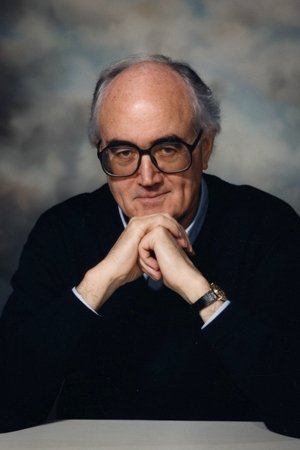
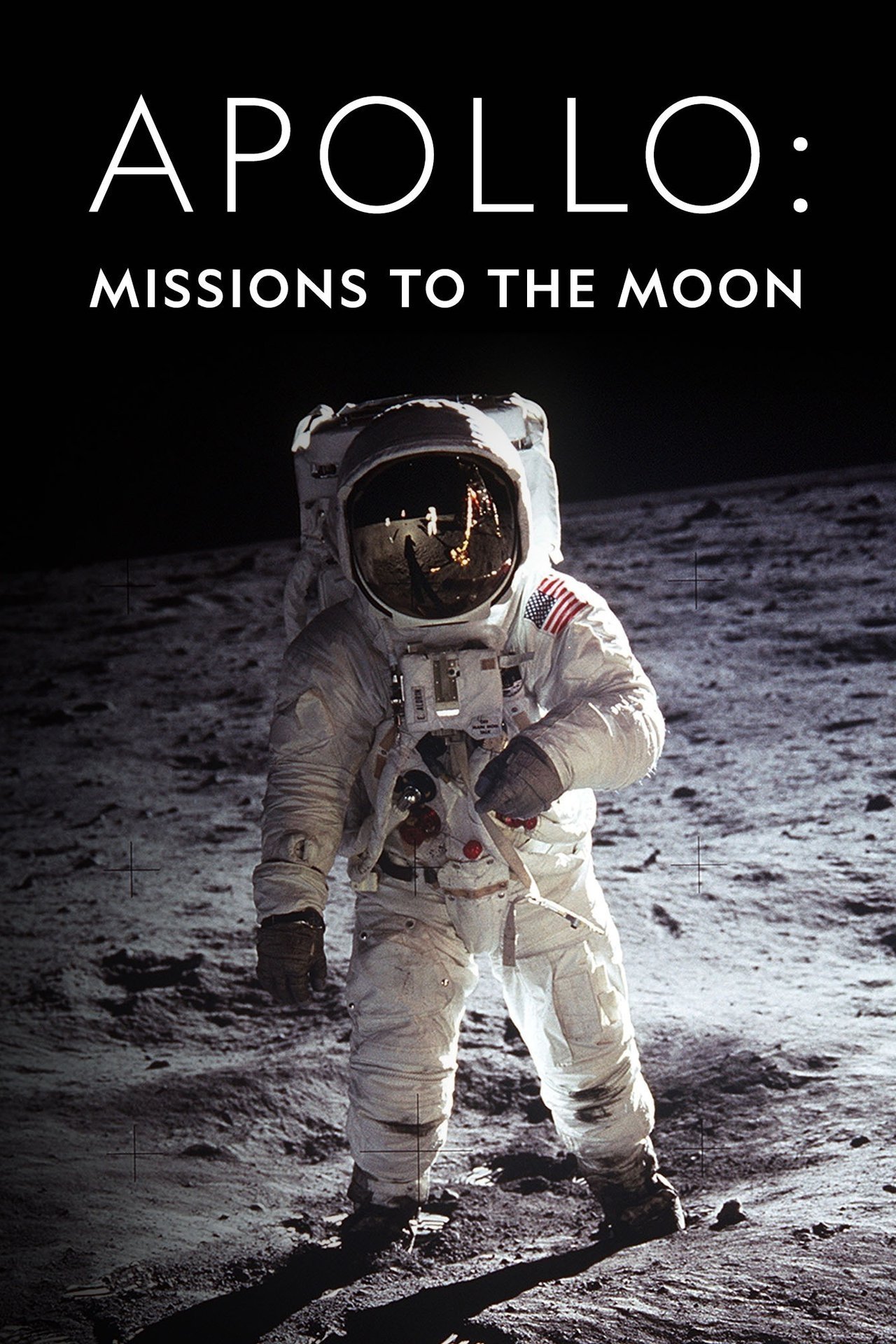
National Geographic's riveting effort recounts all 12 crewed missions using only archival footage, photos and audio.
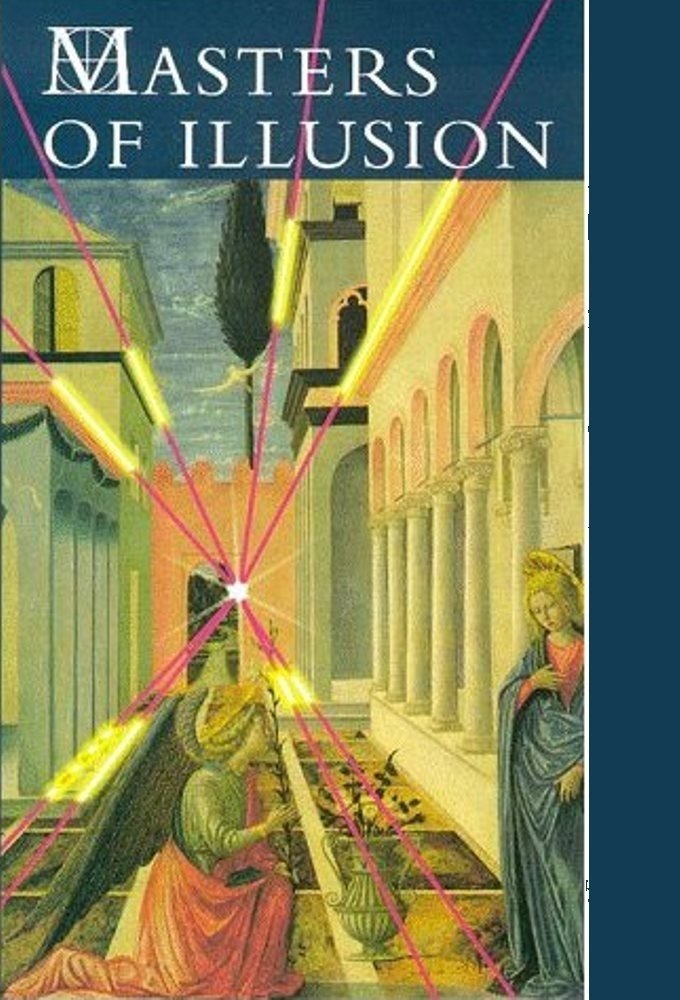
This exploration of visual illusions, explained by James Burke in the context of its discovery by the Renaissance masters, and now used by Hollywood special effects wizards is certainly of the most valuable and entertaining educational videos ever produced. If you teach art or film, or if you are a student of any age, your education is incomplete unless you have seen this film. Works of Brunelleschi, Michelangelo, da Vinci, Botticelli, Rapheal and others are used to illustrate the technical and artistic achievements of the Renaissance, but within a very contemporary context of how we see the world in reality or artificial illusion. This is about the discovery of how to make a two dimensional image appear in three dimensions through an understanding of light, shadow, color, and vanishing point perspective.
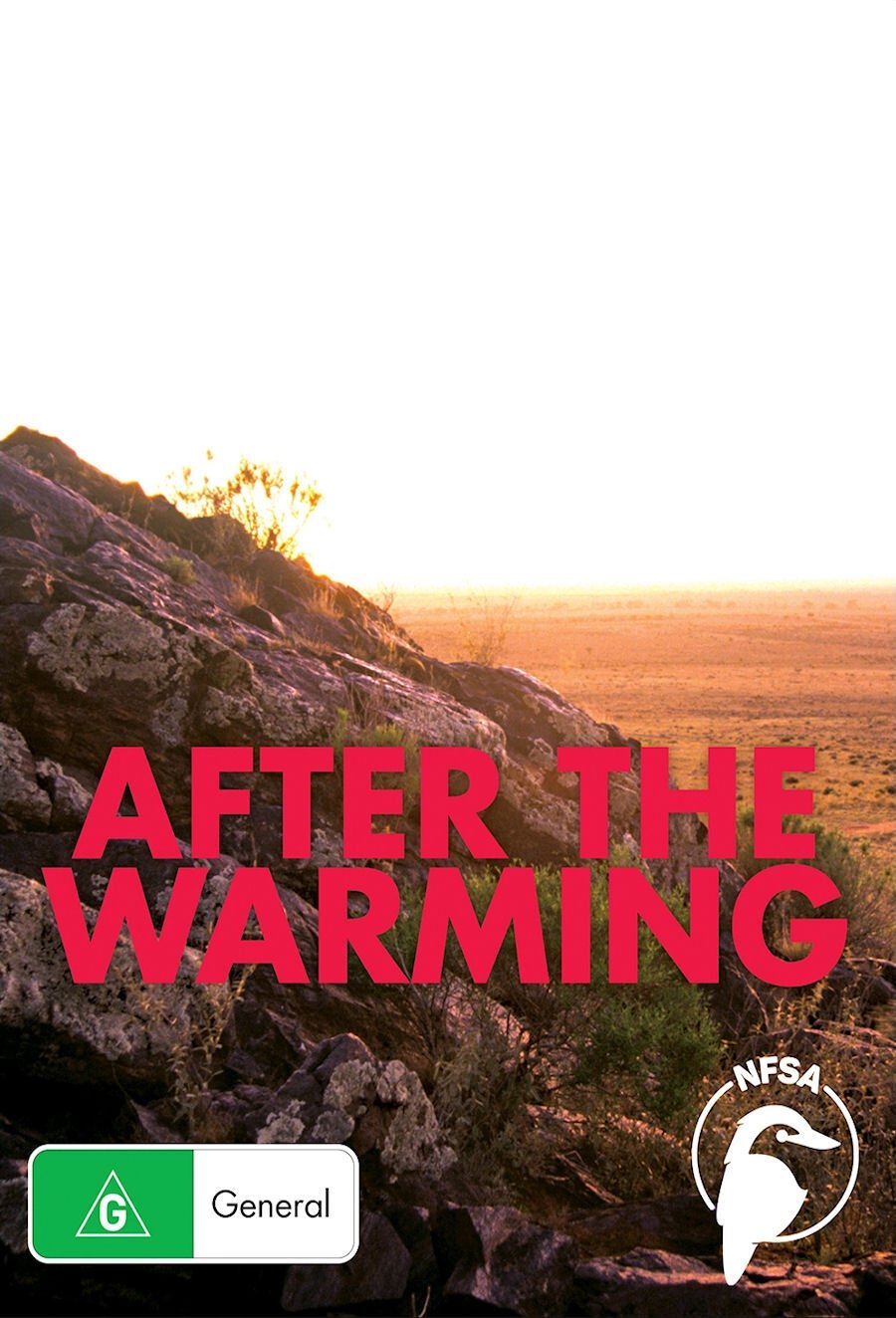
Set in 2050, social journalist James Burke looks back at events of the world from the dawn of civilization and shows how climate change has affected human history. At the point of the Industrial Revolution, humans began to do things to the climate, rather than the other way round. When he brings us up to date (1989), that is when the predictions begin. From Kyoto to the two Gulf Wars, Burke accurately predicts many of the events that have taken place so far. His predictions have been sound, even to the tune of carbon credits and climate change agreements. Using virtual reality computer simulations, Burke traces the Earth's history of ice ages and warming trends and presents several possible scenarios caused by the greenhouse effect during the 1990s to 2050.
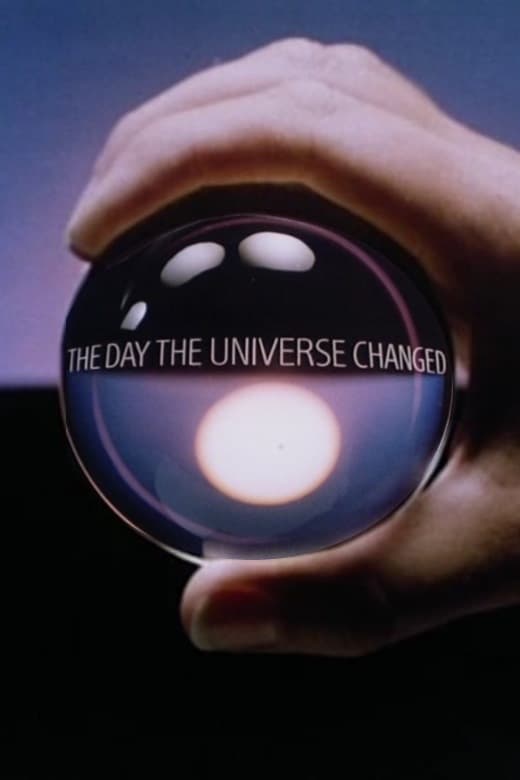
Documentary series about the effect of advances in science and technology on western society in its philosophical aspects.
James Burke is a British broadcaster, science historian, author, and television producer, who is known, among other things, for his documentary television series Connections, and for its more philosophically oriented companion series, The Day the Universe Changed, which is about the history of science and technology. The Washington Post called him "one of the most intriguing minds in the Western world".
By browsing this website, you accept our cookies policy.